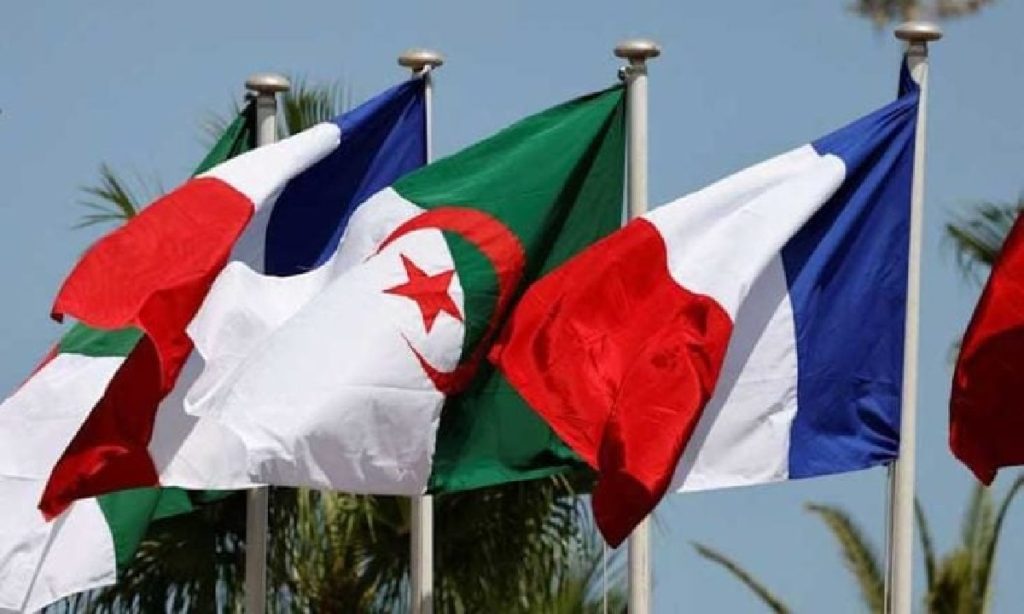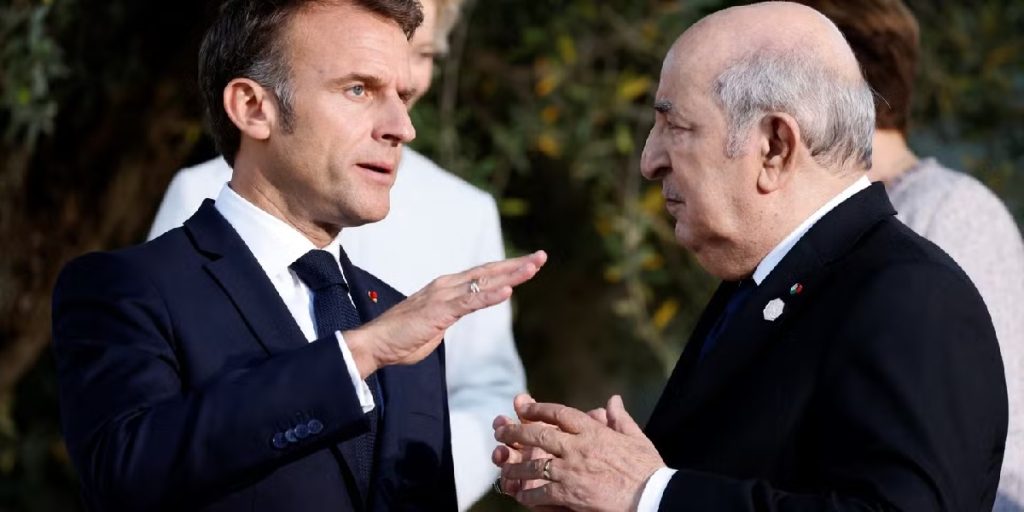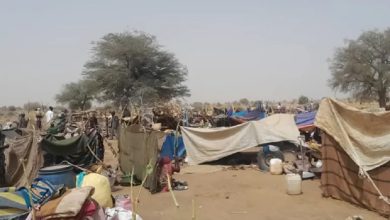US Intelligence Center Analyzes Rising Tensions Between Algeria and France and Their Consequences
A potential French review of the 1968 migration agreement is unlikely to pressure Algeria into deportation cooperation, further straining diplomatic and economic ties between the two nations.

Watan-The American security and intelligence research center Stratfor published an analysis on Algerian-French relations, stating that a potential French review of the 1968 migration agreement with Algeria is unlikely to pressure the Algerian government into resuming cooperation on the deportation of Algerian migrants. This is particularly because Paris is unlikely to actually suspend or cancel the agreement.
Growing Tensions Between Algeria and France
The analysis highlighted that instead of achieving its intended goal, such a review—combined with other French measures aimed at pressuring Algeria—could escalate tensions between the two countries. This may lead to potential sanctions, trade restrictions, and stalled energy negotiations.
On February 26, French Prime Minister François Bayrou announced that Paris would reconsider the 1968 agreement unless Algeria resumed cooperation in deporting Algerian nationals. He criticized Algeria for failing to comply with deportation orders for individuals required to “leave French territory.” Bayrou also stated that the French government would present Algeria with a list of Algerians to be urgently deported, granting a deadline of four to six weeks.
However, the Algerian government condemned Bayrou’s announcement, describing it as the latest “provocation” in a “long series of threats and harassment” by France. Algeria referred to France’s decision in July 2024 to support Morocco’s sovereignty claims over Western Sahara as a key trigger for the diplomatic strain. Algeria, in contrast, continues to support the Polisario Front, which seeks Western Sahara’s independence.

France-Algeria Relations Deteriorate
French-Algerian relations have worsened following France’s recognition of Morocco’s claim over Western Sahara. In response, Algeria:
- Suspended ties between its Senate and the French Senate after the French Senate president visited Western Sahara.
- Imposed entry restrictions on senior Algerian officials following a security incident where an Algerian national, who had been denied deportation 10 times, killed one person and injured three others in France.
- Withdrew its ambassador from Paris, halted cooperation on deportations, and excluded France from wheat supply contracts.
Additionally, Algeria’s arrest and imprisonment of Algerian-French writer Boualem Sansal on national security charges have further increased tensions. Meanwhile, anti-Algerian sentiment has risen in France, with authorities arresting social media influencers accused of inciting violence and spreading antisemitism.

Possible Next Steps and Outcomes
Despite the diplomatic standoff, the analysis suggests that Algeria is unlikely to cooperate on deportations, meaning France may proceed with revising the 1968 migration agreement without fully suspending or canceling it. However, any amendment would require bilateral negotiations, which seem unlikely amid the current strained relations.
To pressure Algeria into resuming deportation cooperation, France might:
- Impose financial sanctions on Air Algérie.
- Restrict visas for key Algerian military and political figures.
- Tighten maritime controls and summon Algerian consuls-general.
In response, Algeria could retaliate by imposing trade restrictions on France, slowing down major business deals, and reducing reliance on French energy firms. However, restricting oil and gas exports to France remains unlikely.
Ultimately, while both nations may continue punitive actions, the analysis suggests that Algeria could eventually accept a modified migration agreement if diplomatic relations improve—similar to its past reconciliation with Spain after their dispute over Western Sahara.




